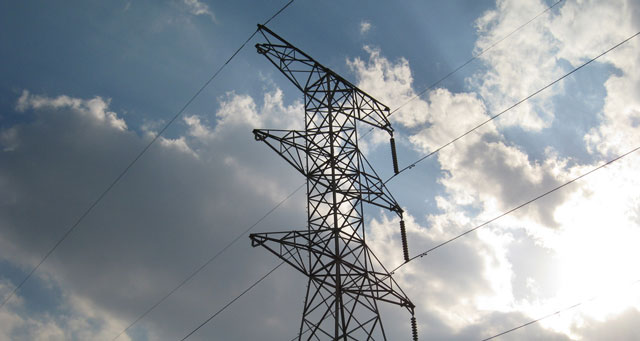
The risk of load shedding could increase as a result of energy regulator Nersa’s decision to only give Eskom half of its required tariff increase on Tuesday.
Eskom CEO Brian Molefe said the decision to only approve a 9,4% electricity price increase doesn’t help Eskom’s financial sustainability and “will have operational consequences”.
“We will do our best to minimise the risk of load shedding, striking a balance with Eskom’s already depleted balance sheet,” he said in a statement.
“We note with concern the decision on open cycle gas turbines (OCGTs), which will guide Eskom’s operations in the future in terms of balancing the energy supply and demand in a bid to avoid load shedding,” he said.
Nersa announced that it would not grant Eskom the R22,8bn variance it requested for the costs incurred in the production of electricity in the 2013/2014 financial year. It has instead approved an amount of R11,2bn, which amounts to a 9,4% tariff increase for the 2016/2017 financial year.
Molefe said Eskom has reduced its diesel usage in recent months and improved its maintenance plan. “However, we continue to run a constrained grid,” he said.
“OCGTs are part of our emergency portfolio and have been used in the past to avoid or limit load shedding with the understanding that we can recover these costs within the RCA process.
“The recovery of diesel costs is now seriously in question with Nersa’s current decision.
“We understand the implementation of the regulatory rules in Nersa’s RCA balance decision. The decision on the revenue variance and certain primary energy costs including independent power producers is supported,” said Molefe.
Eskom said that in terms of the Municipal Finance Management Act, public enterprises minister Lynne Brown will table the municipal increases in parliament on or before 15 March.




